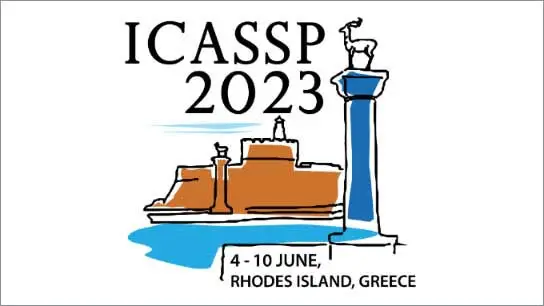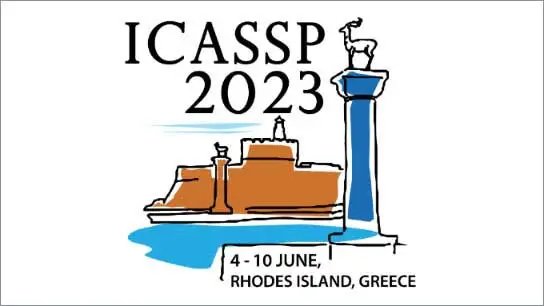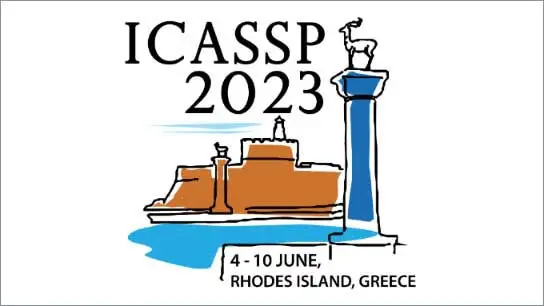Decorrelating language model embeddings for speech-based prediction of cognitive impairment
Lingfeng Xu (Arizona State University); Kimberly D. Mueller (University of Wisconsin–Madison); Julie Liss (Arizona State University); Visar Berisha (Arizona State University)
-
Members: FreeSPS
IEEE Members: $11.00
Non-members: $15.00
06 Jun 2023
Training robust clinical speech-based models that generalize requires large sample sizes because speech is variable and high-dimensional. Researchers have turned to foundational models, such as the Bidirectional Encoder Representations from Transformers (BERT), to generate lower-dimensional embeddings, and then fine-tuned the models for a specific down-stream clinical task. While there is empirical evidence that this approach is helpful, a recent study reveals that the embeddings generated by BERT models tend to be highly correlated, which makes the downstream models difficult to fine-tune, particularly in the small sample size regime. In this work, we propose a new regularization scheme to penalize correlated embeddings during fine tuning of BERT and apply the approach to speech-based assessment of cognitive impairment. Compared to existing methods, the proposed method yields lower estimation errors and smaller false alarm rates in a Mini-Mental State Examination (MMSE) score regression task.



